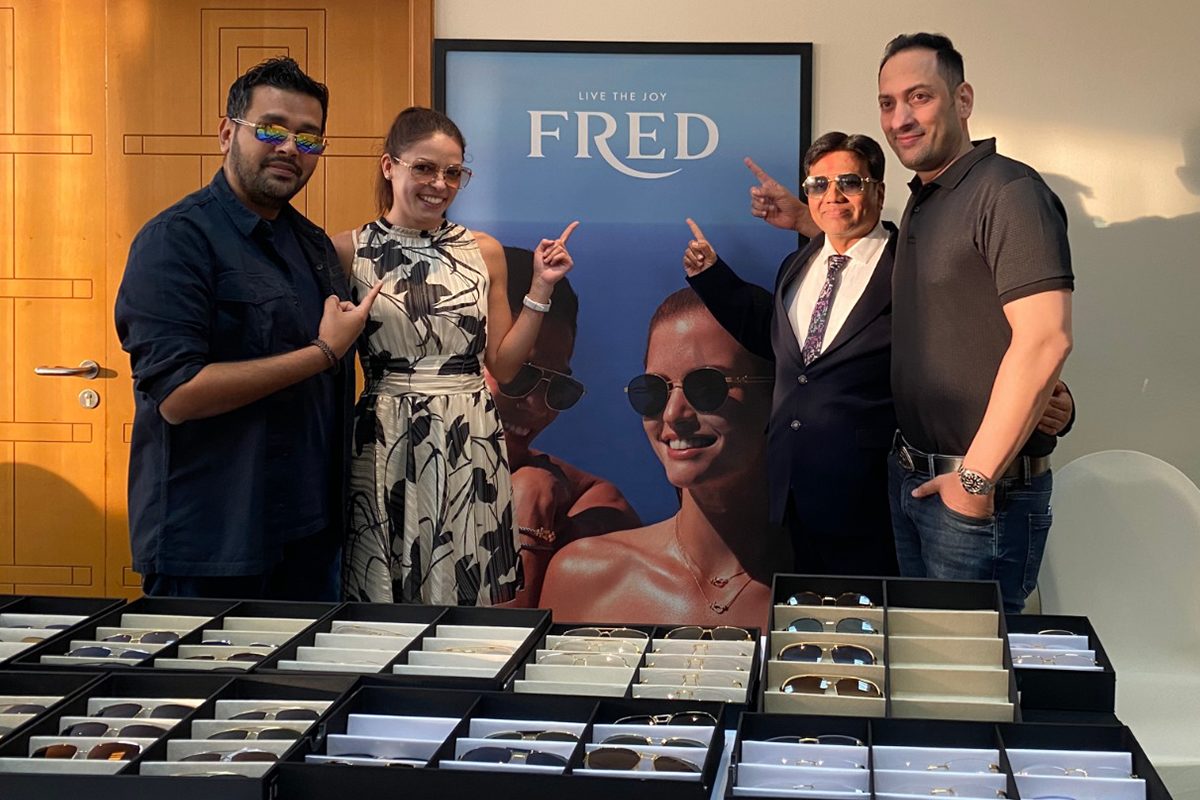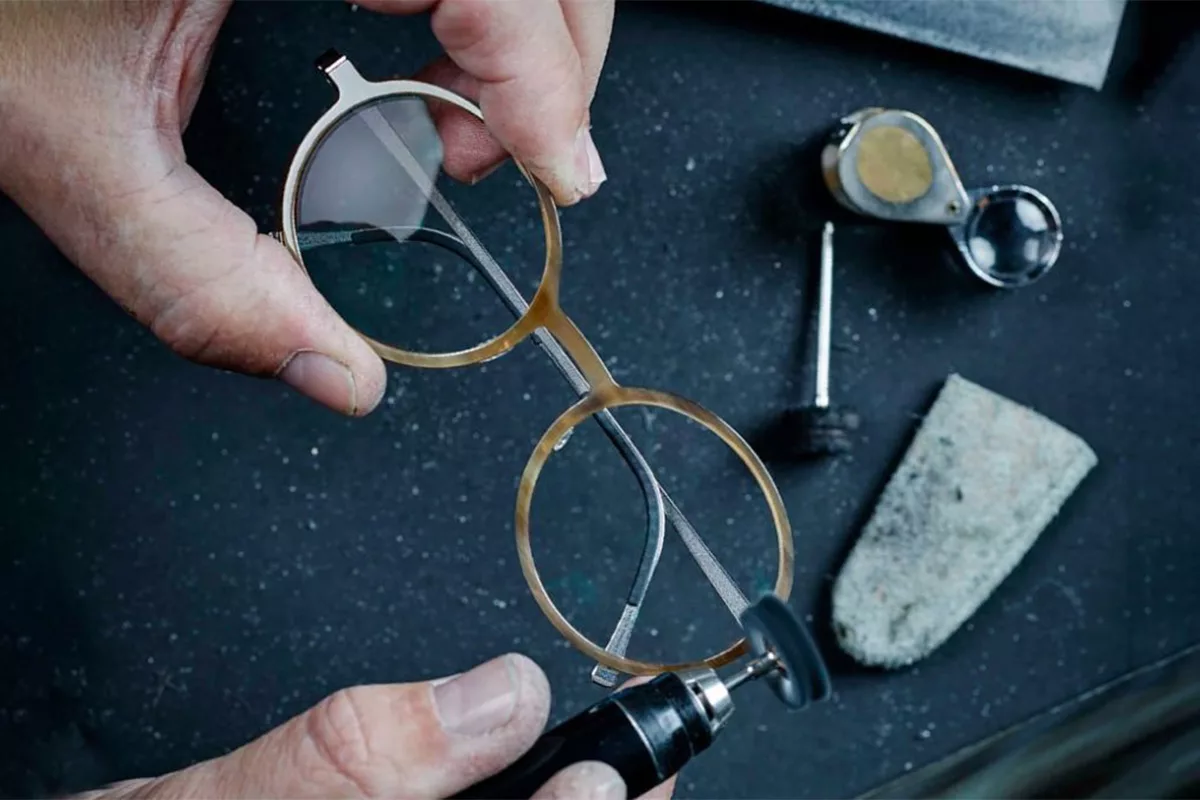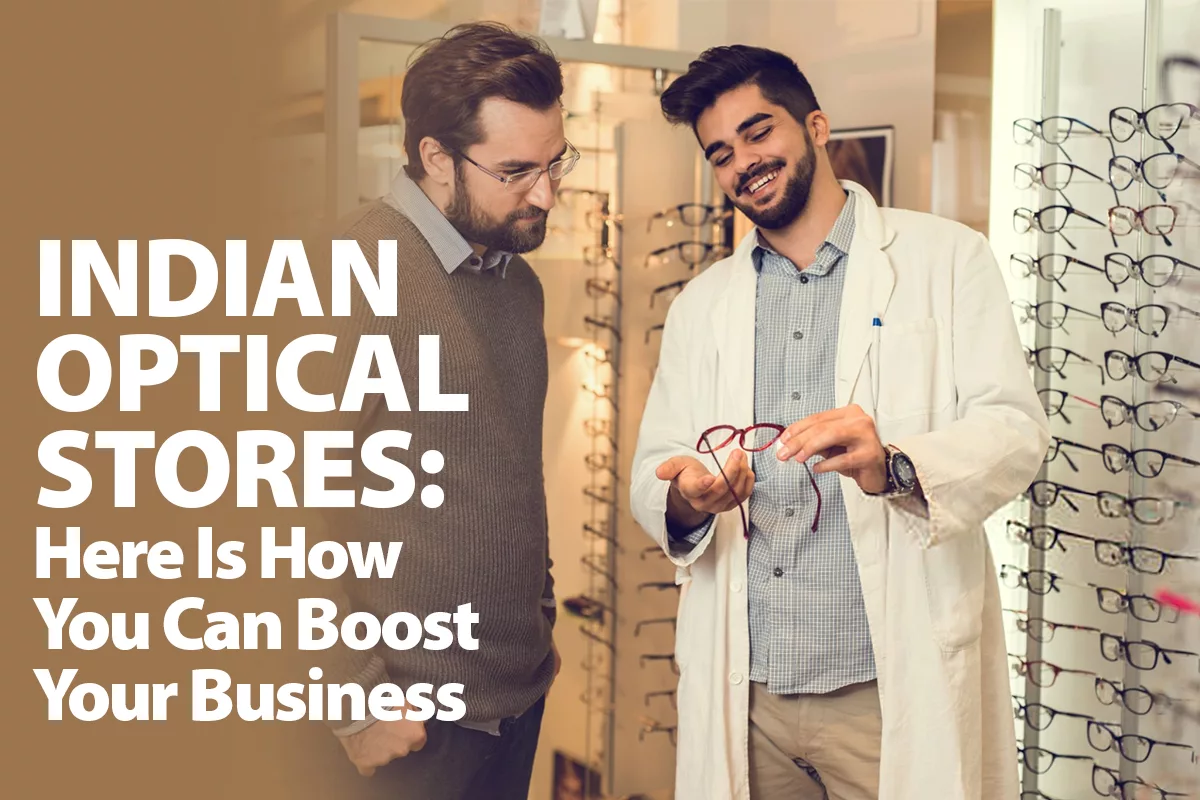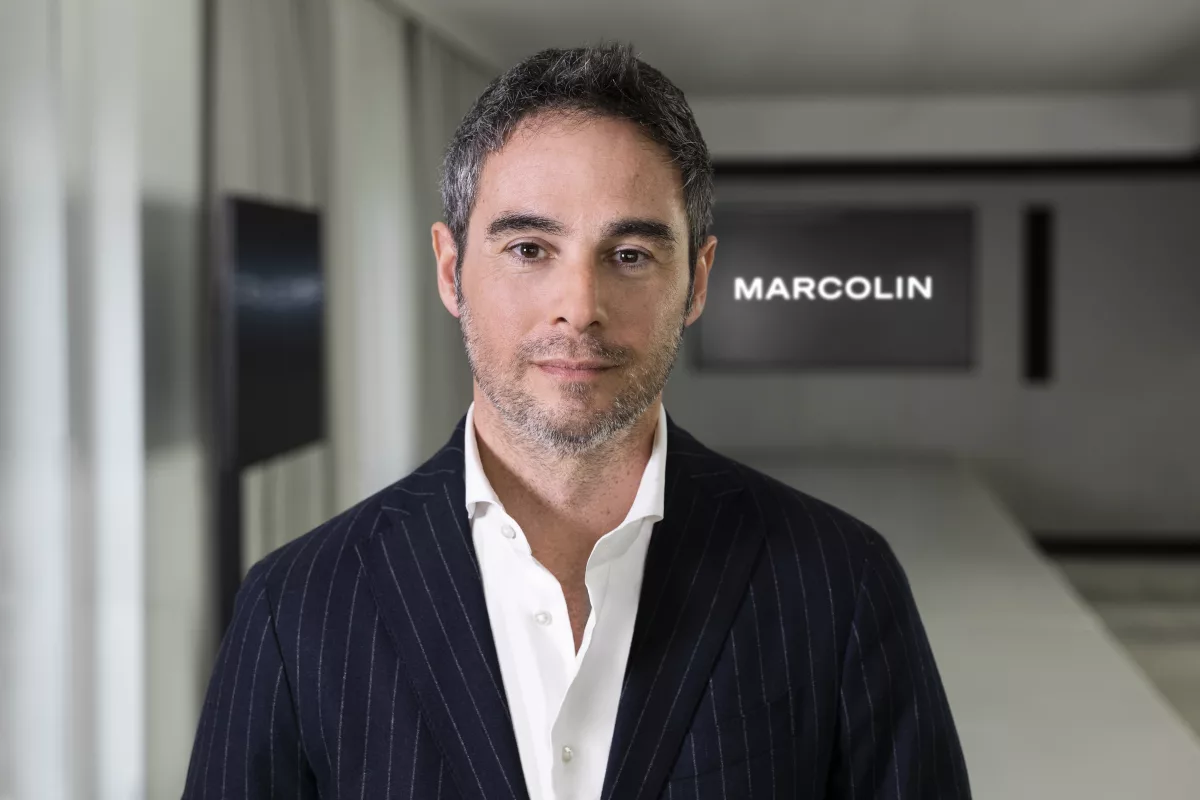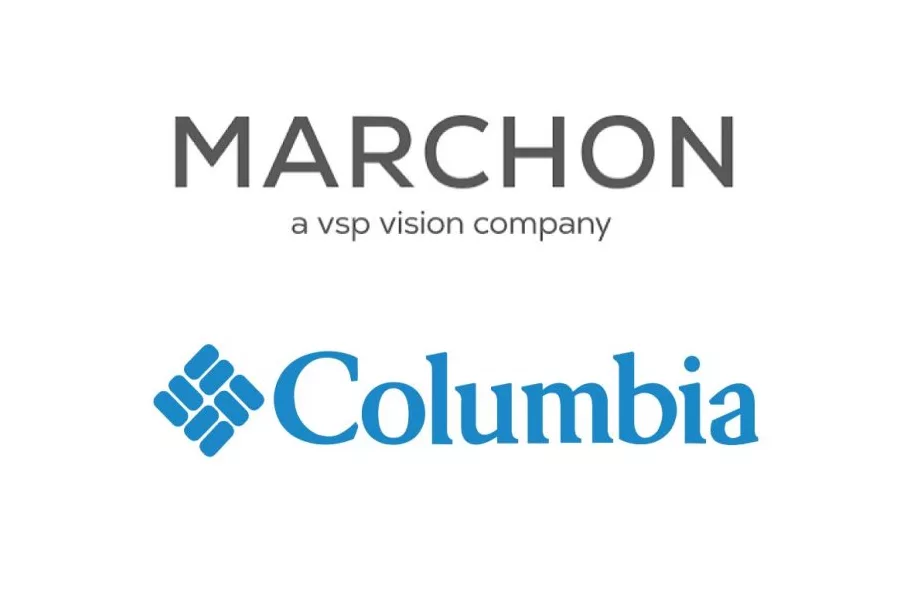Essilor, which is at the forefront in ophthalmic optics, launches the first organization dedicated to socio-economic-related vision issues: the Vision Impact Institute.
 India is a country racing towards development and we are using every opportunity to increase productivity and growth. But do our policy makers, government, NGOs realize that the country loses a whopping Rs 2,03,500 crores in annual productivity due to poor vision. This is not a problem of India alone – in fact, globally the loss is an estimated USD 269 billion in productivity due to poor vision in the workforce.
India is a country racing towards development and we are using every opportunity to increase productivity and growth. But do our policy makers, government, NGOs realize that the country loses a whopping Rs 2,03,500 crores in annual productivity due to poor vision. This is not a problem of India alone – in fact, globally the loss is an estimated USD 269 billion in productivity due to poor vision in the workforce.
Today 4.2 billion people in the world require vision correction, of which 2.5 billion have no access to corrective measures. This is the most widespread disability and affects more than 550mn Indians.
India is estimated to have more than 42 per cent of its work force which needs vision correction. Takingsimple measures like getting eyes tested* and wearing spectacles might drastically reduce the economic consequences of poor vision.
The Institute’s mission is to raise awareness about the socio-economic impact of poor vision. It will foster research where needed, encouraging measures in the field of corrective vision. It will also work to ensure that poor vision and its economic implications emerge as a global challenge and act as a global connector of knowledge, data and solutions.
To support and guide the Institute’s work, independent and well-known international personalities have agreed to join the Institute’s Advisory Board:
- Arun Bharat Ram, Chairman of SRF Limited, New Delhi, India;
- Kevin Frick,Professor and Vice Dean for Education, The Johns Hopkins Carey Business School, Baltimore, USA
- Clare Gilbert, Ophthalmologist, Professor in International Eye Health, International Center for Eye Health, London School of Hygiene & Tropical Medicine, London, United Kingdom;
- Wu Jianmin, former ambassador in France and in the Netherlands, former permanent representative of the People’s Republic of China to the United Nations in Geneva.
 These eminent personalities will steer the Institute’s work, disseminate the work of researchers and are leading players in this awareness raising campaign in their respective areas of influence.
These eminent personalities will steer the Institute’s work, disseminate the work of researchers and are leading players in this awareness raising campaign in their respective areas of influence.
“This is an ongoing process and the Institute will encourage further research to better assess the costs of impaired vision for all regions and populations,” says Jean-Félix Biosse Duplan, President of the Vision Impact Institute. “Today we are calling on scientists and opinion leaders in every country to get involved in the global challenge of fighting visual impairment.”
Designed as an interactive web platform, the goal of visionimpactinstitute.org will be to unite a community of experts and ignite a worldwide movement to increase data research and fight impaired vision in the world..
“Vision problems are the only disability for which a solution already exists all around the world, even in emerging countries. The social and economic cost of poor vision is extremely significant but still underestimated. I’m convinced that the Vision Impact Institute dedicated to this cause, will be a call for action to help make poor vision emerge as a global issue.” says Mr Hubert Sagnieres, Essilor International’s Chairman and CEO
MrJayanth Bhuvaraghan, Essilor International’s Chief Corporate Mission Officer comments “I am very excited about the launch of the Vision Impact Institute in India. This institute supported by Essilor will act as a global connector of all studies on vision problems and will help give Vision a voice”
In India the former Ex-Indian cricket captain Kris Srikkanth is the brand advocate for the cause of good vision for all and will bring attention to this most widespread disability.
The creation of the Vision Impact Institute is a major step forward in Essilor’s long-term commitment to raise awareness on poor vision. For years, the Group had been leading initiatives to bring solutions to people who do not have access to vision correction.
Highly committed, Essilor India has deployed various initiatives such as its partnership with several prominent hospitals like Aravind Eye Hospital and Sankara Nethralaya to provide vision solutions to people in rural areas through Mobile Refraction vans that sell spectacles at a minimal cost since 2002 as well as many other such initiatives.
* Source: World Health Organisation



